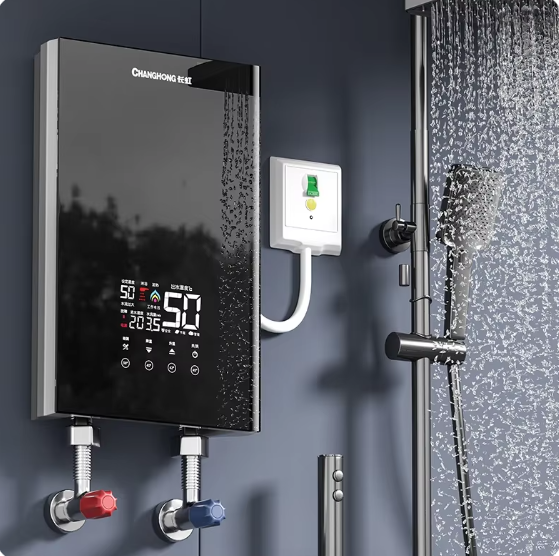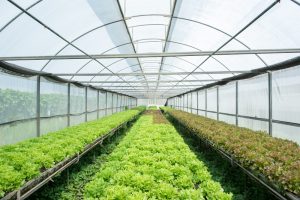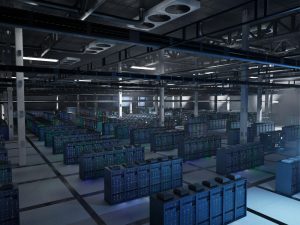The evolution of tankless water heaters continues to move toward innovations to optimize their efficiency, improve user experience, and adapt to sustainability demands. Here are some of the developments and trends that could define the future of these devices:
-
Integration with smart technologies and the Internet of Things (IoT)
Tankless heaters are beginning to integrate with smart home systems, allowing users to control and monitor their operation from mobile apps. This connectivity could expand even further, allowing for advanced customization, such as scheduling heating schedules, automatically adjusting the temperature based on the weather, and alerts for maintenance or inefficient energy use. Additionally, real-time data collection could optimize performance and predict failures before they occur.
-
Hybrid systems and combination with renewable energy
A key future trend is the development of hybrid tankless heaters, which combine traditional energy sources with renewable energy, such as solar or geothermal. These hybrid systems can make heaters more sustainable by taking advantage of clean energy sources, especially in areas where renewable energy is abundant. This technology also allows for reduced energy costs and less reliance on the power grid, which can be beneficial in power outages.
-
Optimized energy efficiency and performance improvements
Although tankless heaters are known for their efficiency, advances in design and materials seek to reduce energy consumption further. Future generations of these heaters could use more precise water flow sensors, more efficient burners, and heating elements, and advanced thermal modulation systems that automatically adjust the power level needed. This would allow for a more precise water heating experience, tailored to actual demand and with less energy waste.
-
More sustainable and durable materials
The industry is exploring alternative materials to reduce the environmental impact of manufacturing these devices. New generations of tankless heaters could incorporate more sustainable materials, such as corrosion-resistant alloys that are less resource-intensive to manufacture. In addition, modular design and ease of repair could also become more common, making maintenance easier and extending the life of the heater.
-
Cost reduction and accessibility
As technology matures and competition increases, prices for tankless heaters will likely continue to decline. This will allow a greater number of households, including low-income housing, to access these devices. Growing demand may also drive the emergence of models with different capacity levels and specifications that fit a wider range of budgets and needs.
-
Adaptation to cold climates and improved performance in extreme conditions
A constant challenge for tankless heaters is their performance in cold climates, where the inlet water is very cold and requires extra effort to heat. Future technology could focus on improving the efficiency of these systems in extreme conditions, through the use of improved heat exchangers or pre-heating systems. These improvements would allow tankless heaters to become even more practical and efficient in low-temperature regions.
-
Maintenance automation and self-cleaning
Maintenance remains essential to the longevity of tankless heaters, especially to prevent mineral and sediment buildup. Future models could incorporate automatic self-cleaning systems that activate based on the amount of use or water hardness, minimizing the need for human intervention. Additionally, continuous diagnostic sensors could send notifications about operating problems or component wear, improving device reliability.




